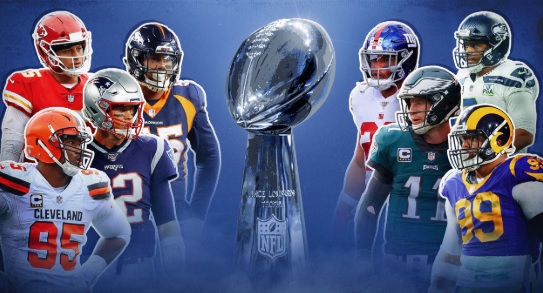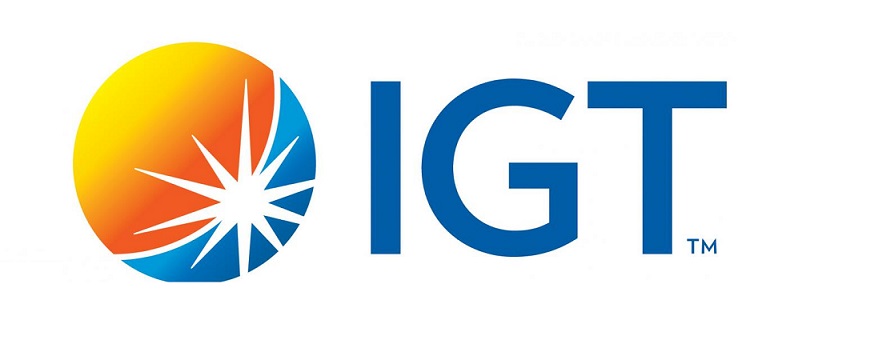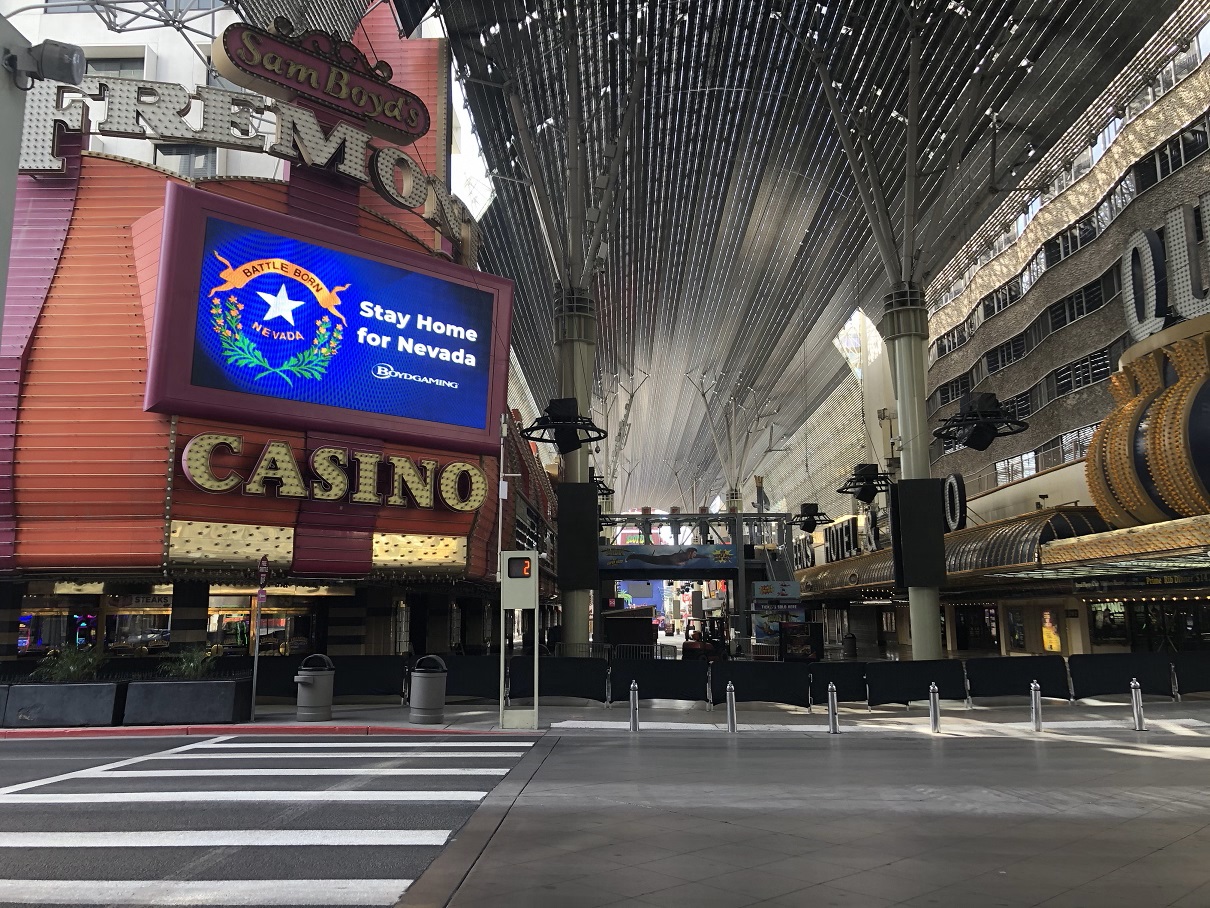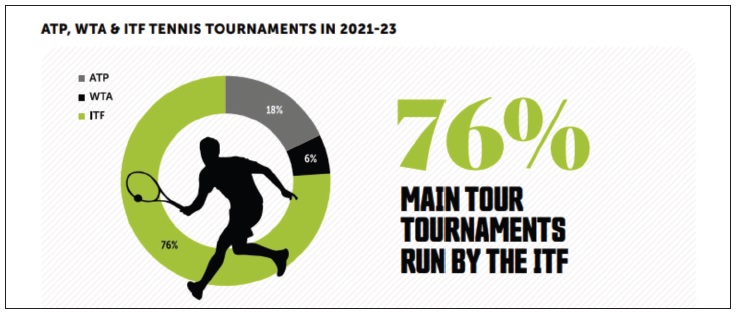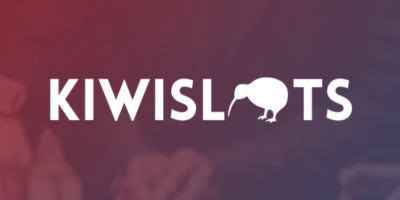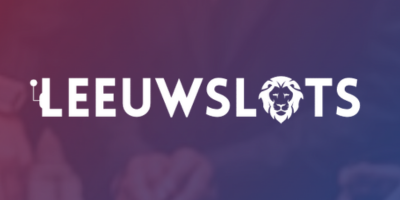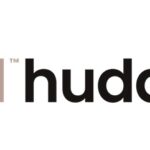How social media and affiliate advertisers are exposing the vulnerable. By Edwin Ford
The unregulated online-gambling industry is growing at an alarming rate, posing significant risks to vulnerable individuals across the UK and Europe. These sites, offering both casino games and sports betting, are designed to circumvent critical safeguards meant to protect players. They are increasingly reaching at-risk populations through social media channels and affiliate marketers. Let us explore how unregulated gambling platforms are exploiting loopholes and what must be done to protect vulnerable players, especially those who have taken steps to self-exclude.
The Rise of Unregulated Gambling Platforms
Unregulated gambling sites present a serious concern for public health and safety. While gambling in itself is not inherently dangerous, it can become addictive for some, leading to serious consequences. Unfortunately, these unregulated platforms make it easier for individuals – particularly those with a history of gambling problems – to continue their habits unchecked.
The issue is compounded by the fact that many of these sites are easily accessible via social media and affiliate marketing, which often target individuals who are most at risk of gambling addiction. As a result, vulnerable individuals (including those who have self-excluded and even underage players) are exposed to the dangers of these unlicensed platforms.
Self-Exclusion: A Vital Tool or a False Sense of Security?
In the UK, Gamstop is a crucial self-exclusion program that allows individuals to voluntarily block themselves from licensed, online gambling sites. It helps those who recognize their gambling problem take control by preventing access to platforms they may find difficult to resist. This system also extends to land-based casinos and betting shops, ensuring that the individual remains excluded from all platforms linked to their chosen gambling group.
However, the effectiveness of Gamstop is being undermined by unregulated gambling sites that advertise themselves as “Gamstop-exempt,” allowing self-excluded individuals to bypass their own protections. This exploitative loophole directly threatens the integrity of self-exclusion efforts and places individuals at risk of relapse.
The Technological Loopholes: VPNs and Proxy Servers
Unregulated gambling sites also make use of technological workarounds, such as virtual private networks (VPNs) and proxy servers, to avoid detection and regulation. These tools mask a user’s location, enabling individuals to access gambling platforms even if their IP address is blocked by self-exclusion programs like Gamstop. This not only complicates efforts by regulators to control access but also makes it easier for individuals to bypass restrictions and continue gambling.
The Role of Social Media in Promoting Unregulated Gambling
One of the most concerning aspects of the rise of unregulated gambling platforms is their promotion on social media. Platforms like Facebook and Instagram are used to advertise these gambling sites through targeted ads, reaching specific demographics, many of whom are already struggling with gambling issues or are unaware of the risks involved.
These ads often include enticing offers such as bonuses or free spins to attract new players, including those who may not have intended to gamble in the first place. The powerful reach of social media allows these ads to be delivered directly to vulnerable individuals, making it all too easy for them to engage with platforms that undermine their attempts to stay away from gambling.
E-Games and Points Systems: A Gateway to Gambling
Some unregulated platforms also use e-games or points-based systems to hook vulnerable individuals, especially underage players. These seemingly innocent games allow players to earn points or rewards that can later be used for real-money gambling. While these games may appear harmless at first, they serve as a gateway to more dangerous forms of gambling, luring young people or those who are not fully aware of the potential risks into an environment where they can easily develop problematic habits. For many young people, these platforms can create a false sense of safety, making them more likely to transition to real-money gambling once they are hooked on the excitement and rewards.
Affiliate Marketers: Profiting from Vulnerability
Affiliate marketing plays a key role in driving traffic to both regulated and unregulated gambling sites. Affiliates earn commissions for directing players to gambling platforms, but the issue arises when these marketers promote unregulated sites that bypass UK protections, including Gamstop. Often, affiliates redirect players from the UK to gambling sites based in jurisdictions with more-lenient regulations.
These affiliates are incentivized to promote gambling sites regardless of the potential harm to vulnerable individuals. By prioritizing clicks and commissions over the well-being of the individuals they target, these marketers are contributing to the exploitation of vulnerable players.
The Need for Stronger Safeguards and Accountability
While self-exclusion systems like Gamstop are crucial, they must be enforced across all platforms, including unregulated gambling sites. Governments and regulators must ensure that these systems cannot be bypassed, providing a unified barrier that truly protects individuals who are trying to manage their gambling habits.
Additionally, social media platforms and affiliate marketers must take greater responsibility for the ads they allow on their sites. Platforms should implement stricter age-verification systems and actively monitor gambling-related content to prevent these unregulated sites from targeting vulnerable groups, including underage users.
Collaboration Across Sectors: A Unified Effort
The responsibility for protecting vulnerable individuals from unregulated gambling does not solely lie with the gambling industry. A collaborative effort between governments, regulators, social media companies and affiliate marketers is essential to ensure that gambling remains a controlled, well-regulated activity. Just as organizations like GamCare, GambleAware, Gamban and Gamstop have worked to protect individuals, the media and tech sectors must take active steps to ensure their platforms are not used to promote unregulated gambling.
One notable advocate for this cause is Derek Webb, a former gambler and founder of the Campaign for Fairer Gambling. His work has highlighted the dangers of fixed-odds betting terminals (FOBTs) and the need for stronger self-exclusion programs like Gamstop. His advocacy continues to push for better regulations to safeguard individuals from unregulated platforms and to hold marketers accountable for their role in promoting gambling sites.
Conclusion: A Call to Action
The rise of unregulated gambling sites is a growing issue that requires urgent attention. These sites – often promoted through social media and affiliate marketing – bypass essential safeguards like self-exclusion programs, placing vulnerable individuals at increased risk of addiction. They also target underage players, especially through seemingly harmless e-games and points-based systems.
To address this issue, stronger regulations, better safeguards for vulnerable groups and greater accountability for affiliate advertisers are essential. Only through a coordinated effort across the gambling, media, and tech sectors can we create a safer environment for individuals and protect those at risk of falling victim to unregulated gambling.
*** This exclusive article was originally published in Sports Betting Operator Magazine Issue 016 Volume 7 May 2025***






